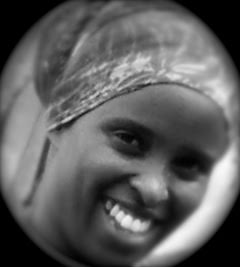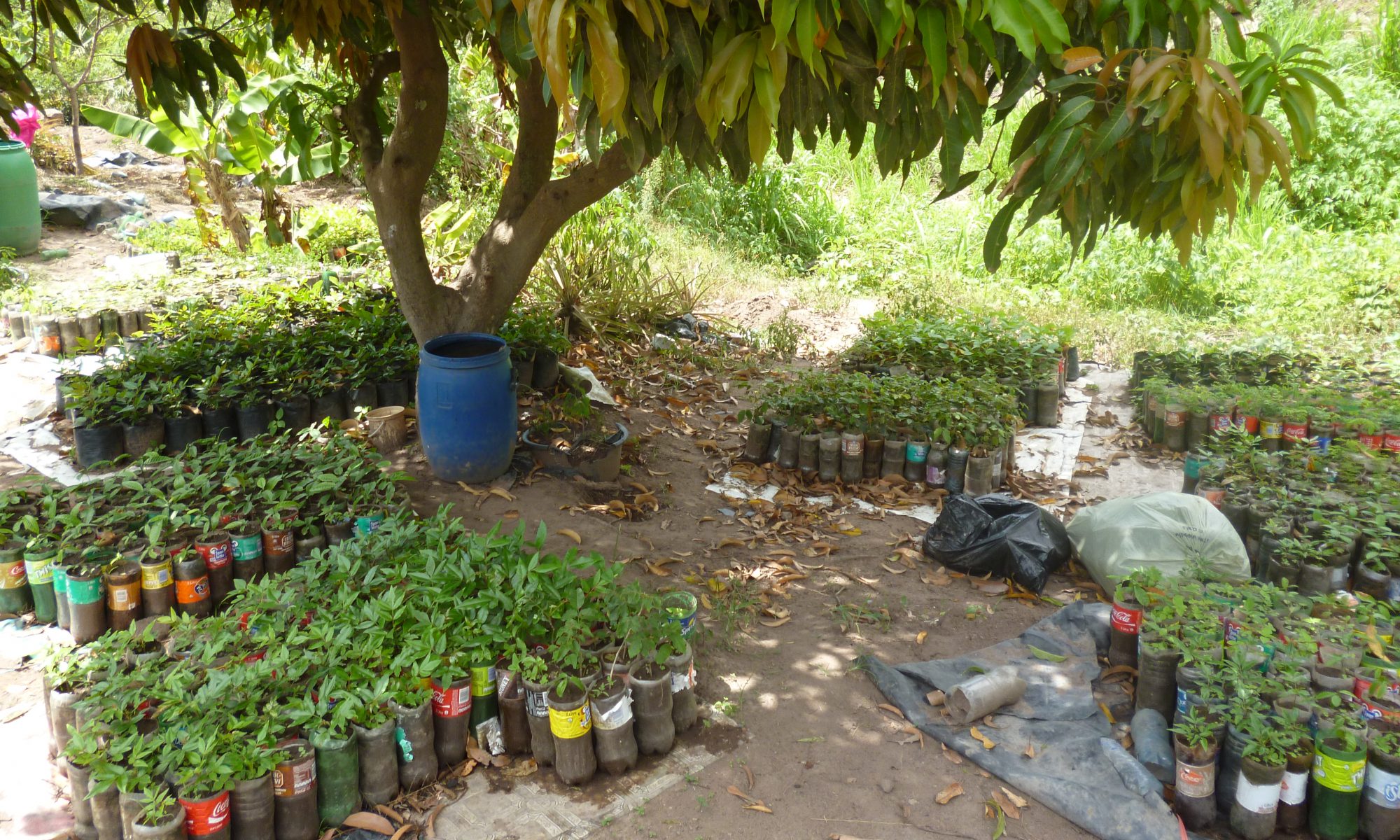By Nduta Mbarathi
Publishing is essential, especially when a person decides to pursue or advance an academic career. I was fortunate to have had the opportunity to attend a one-day peer review workshop organized by the University of KwaZulu-Natal (UKZN) Extended Learning programme on 10th November 2015. Prof. Sarojini Nadar facilitated the workshop and freely shared her experience as an author during the seminar. The workshop attendees included Professors and PhD students from various academic departments in UKZN. The participants shared their experiences on the challenges and opportunities they faced from peer reviewers when attempting to get their articles published. As an aspiring researcher, the exercise was an eye-opener because, on one hand, it gave me an opportunity to examine written work using a peer reviewer’s lens. On the other hand, the session made me aware of the do’s and don’ts of publishing. Peer reviewing is not only limited to publishing a journal article, but it is also a process that happens when a prospective graduate student or professor applies for academic grants. Having submitted a manuscript for publishing last year, this seminar prepared me on what to expect from the peer review process.
Nuts and Bolts of Peer Review
To begin with, the facilitator defined peer review as a process where written works undergo evaluation before publication. It is important to note that, prior to submitting a manuscript, one should familiarize themselves with the journal template and apply manuscript according to the specific standards. Initially, I was of the opinion that the peer reviewer’s role was to assess a manuscript and then provide an approval for its publication. However, this is not the case. A peer reviewer’s role is to recommend manuscripts to the Editorial panel who then make the final decision on whether to reject or approve it for publication.
Why is Peer Review Important?
As I mentioned earlier, peer reviewing happens throughout our academic journey. For example, once a candidate submits his or her dissertation it undergoes a peer review process to assess the quality of work. In this context, the candidate is awarded a mark after the peer review process. In contrast, a manuscript submitted for publication undergoes a peer review process where an Editor either accepts or rejects the manuscript.
That said, in both contexts, a peer review is essential because, it ensures that the work presented is of good quality, original, and scholarly. First, quality work should be printable science, and hence, the information emanating from the publication should be relevant to the particular discipline. Secondly, the work presented should be original and hence, the author should think about what scholarly contribution(s) the article is making to knowledge. Thirdly, I learnt the content should be articulated creatively and clearly.
How to Respond once your Manuscript is Rejected or Accepted
I did gain a wealth of information and courage during this part of the training (Remember that I earlier pointed out that I had submitted my manuscript to a particular journal for publishing). This part of the seminar touched on how to cope once a manuscript was accepted or rejected. The facilitator affirmed that receiving a rejected manuscript could be devastating! And yes, indeed, the participants affirmed this. Having an article rejected can make an author despair, especially after exerting all the time and effort on it! I can affirm this because earlier this year I finally received feedback from the Editors expressing that my article was rejected! Thanks to the peer review seminar, I was able to handle the feedback imperturbably. I remembered that the facilitator advised us not to overreact. It was comforting to know that even Professors who have been in academia for years also get their articles rejected. It was also reassuring that, once this happens, an author can opt to publish in another journal. In my case, I requested for the reviewers’ comments to use their comments to improve my article.
Conversely, if a manuscript is accepted, the author has two options: first, the author can accept and work on the reviewer’s comments as is. Secondly, if an author is in disagreement with a reviewer’s highlighted comment or correction, it is acceptable to engage with the reviewer and discuss on the author’s stance in the comments. By all means, an author can decline to apply a reviewer’s comment if it differs with the author’s opinion. In such instances, authors should justify their viewpoint.
Points to Note before you Publish
Key facts that I learned towards the conclusion of the seminar are: it is imperative that authors avoid sending the same manuscript to over three different journals, lest you are accused of self-plagiarism! In addition, it is advisable to send to one journal at a time. Also, be aware of predatory journals! Such journals require payment from the author to get published. To avert this, authors should acquaint themselves with a list of approved publishers accredited by the Department of Higher Education and Training (DoHET). The link can be found in the University KwaZulu-Natal (UKZN) website here.
Another point that authors should consider is that there is a limit to the number of publications that can come from one institution. Lastly, when planning to publish prospective authors should be aware that neoliberal politics do exist within the publishing sphere. These include, inter alia, politics of publishing and politics of citation where some authors are more likely to be published and cited more than others. For example, academics from Western countries are often published and cited compared to academics from developing and middle-income countries. One way this can be overcome, especially in Sub-Saharan Africa is by citing the work of local authors. In a nutshell, the facilitator emphasized that authors must follow the rules and make sure that the scholarly work presented has an impact in the various disciplines.
In conclusion, as an aspiring academic, I have learned that to get published it is important to strive towards producing quality work that is under the requirements of the themes and structure of a specified journal. Furthermore, ensuring that once a quality manuscript is submitted, it will help gain the confidence of peer reviewers that may then lead towards getting the article published.
Bio

Nduta Mbarathi is an aspiring researcher and development practitioner who holds a Masters Degree in Development Studies from the University of KwaZulu-Natal. Her areas of research interest are poverty alleviation, agriculture, rural development and Information Communication Technologies for Development (ICT4D). Her other interests include, volunteering for worthy causes, philanthropy, farming, exotic cuisines and mountaineering.
